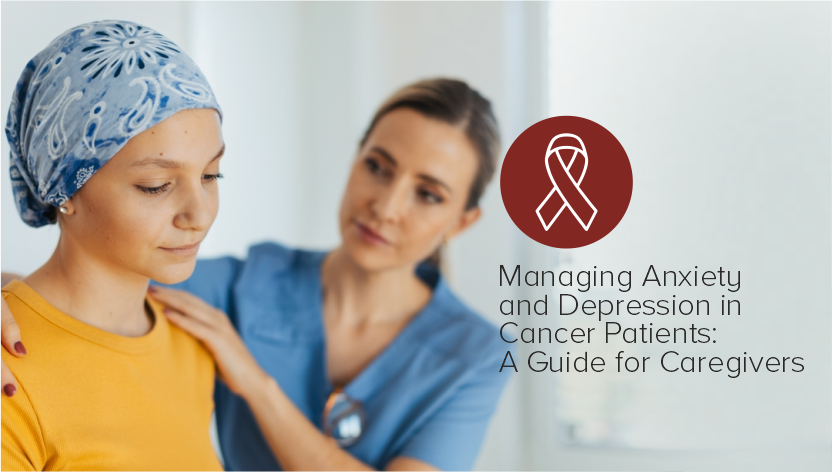When a loved one is diagnosed with cancer, the emotional upheaval can feel overwhelming—not just for the patient but for everyone involved. In addition to battling the physical aspects of the disease, cancer patients often face significant emotional challenges, including anxiety and depression. For caregivers, understanding and managing these mental health issues is crucial in providing holistic care and support.
